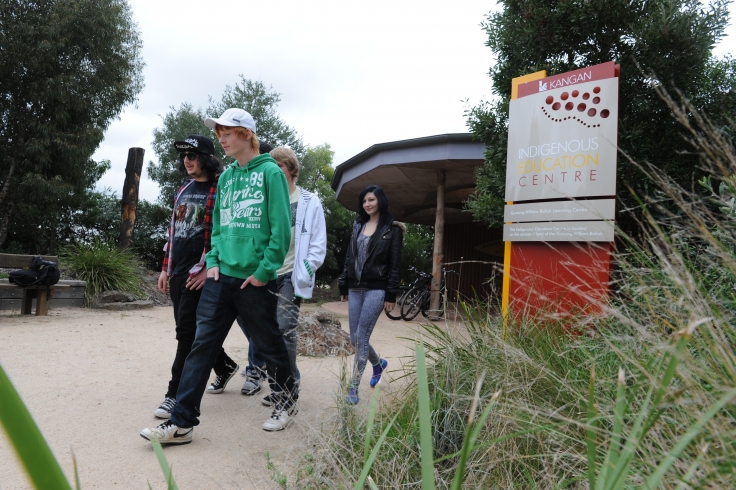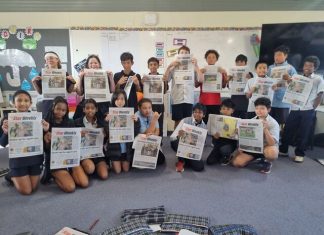FEWER Aboriginal and Torres Strait Islander students in Wyndham are completing year 12 and undertaking higher study than the wider population.
New census data released last week reveals 29.5 per cent of Wyndham’s indigenous residents aged over 15 no longer in school had completed year 12, compared to 54 per cent of non-indigenous Australians.
Of Wyndham’s 222 indigenous young people aged 15-24, 39 per cent were in education including high school, university and technical training institutes. More than half of the region’s non-indigenous residents of the same age were in education.
When federal ‘Closing the Gap’ targets were launched in 2006, nationwide figures showed that 47.4 per cent of Aboriginal and Torres Strait Islander people had completed year 12 or equivalent, or higher study.
New figures show an improvement, with the rate climbing to 51.6 per cent of all indigenous 15-24-year-olds compared to 84.9 per cent of all Australians, but remain behind the 2020 target.
Kangan Institute has 200 indigenous students enrolled in training and higher study, many of whom live in the west. Indigenous Education Centre manager Linc Yow Yeh said the aim of the centre, which opened in 2004, was to improve the standards of vocational education and training delivery to indigenous communities.
“The government’s initiatives to close the gap have seen some positive results but it needs to remain a continual focus of the government . . . to ensure greater outcomes than what has been achieved thus far.”
In the workforce, 88 per cent of Wyndham’s adult Aboriginal and Torres Strait Islander population is employed, compared to 93 per cent of non-indigenous residents.
Median wages for Wyndham’s indigenous residents was $494 a week, $142 a week lower than the wider population.
The chairwoman of a federal government-appointed review of indigenous higher education access, Professor Larissa Behrendt, said the gap would be closed only when indigenous people were empowered to find solutions themselves.
“We aren’t going to move those statistics without the emergence of a class of professional Aboriginal and Torres Strait Islander people and professions with people trained to deal with the specific needs of Aboriginal communities.”







